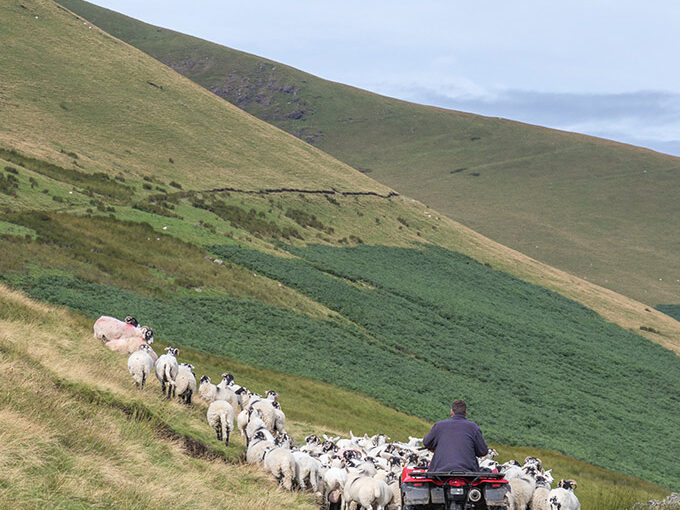The impact of the accelerated phasing out of delinked Basic Payment Scheme payments
15 Nov 2024
As the dust settles on Rachel Reeves’ first budget as Chancellor of the Exchequer, thoughts naturally gravitate towards the headline announcements of proposed restrictions to Agricultural Property Relief (APR) and Business Property Relief (BPR), and how we might be able to help clients plan to deal with the huge impact of those restrictions that will be implemented from 6 April 2026.
There is a technical consultation ongoing (the results of which are expected in early 2025) and we expect to have more detailed guidance on how the new measures will operate in practice.
However, one announcement that has gone relatively under the radar is that around the rapid acceleration to the phasing out of the delinked subsidy payments that replace payments under the Basic Payment Scheme (BPS). Martyn Dobinson, Partner, and a member of the firm’s Land and Rural Practice Group, says:
“2023 was the last year of the BPS scheme, and the delinked payments replace the BPS scheme from 2024, with gradually reducing delinked payments to be made to qualifying landowners from 2024 to 2027. No further amounts will be payable from 2028. The phased reduction in the payments had been announced through to 2024, but news was awaited on what the phasing out would look like from 2025 onwards.
“In October’s Budget, so that ‘funds could be directed to where they are most needed’, it was announced that significant restrictions to delinked payments will be applied in 2025.
“For those who would have received a payment of more than £30,000 in 2025, anything exceeding £30,000 will be reduced to £nil. Any amount up to £30,000 will be reduced by 76%.
“In practice, this means that the maximum delinked payment amount receivable in 2025 will be £7,200.
“The impact of this on cash flow for many farming businesses will be huge, and it will come as an unexpected and unwelcome surprise.”
Defra have said that the reduction in the delinked payments will increase funding available for environmental land management schemes, but we have yet to see what that will look like in practice.
Our advice to clients is to revisit cash flow forecasts and projections as soon as possible to quantify the impact and to explore how the funding gap might be plugged through accessing other available schemes, such as the Sustainable Farming Incentive (SFI), as well as through further efficiency savings.
For more information, get in touch with Martyn Dobinson.
Contact Us
Partner, Manchester
Key experience











